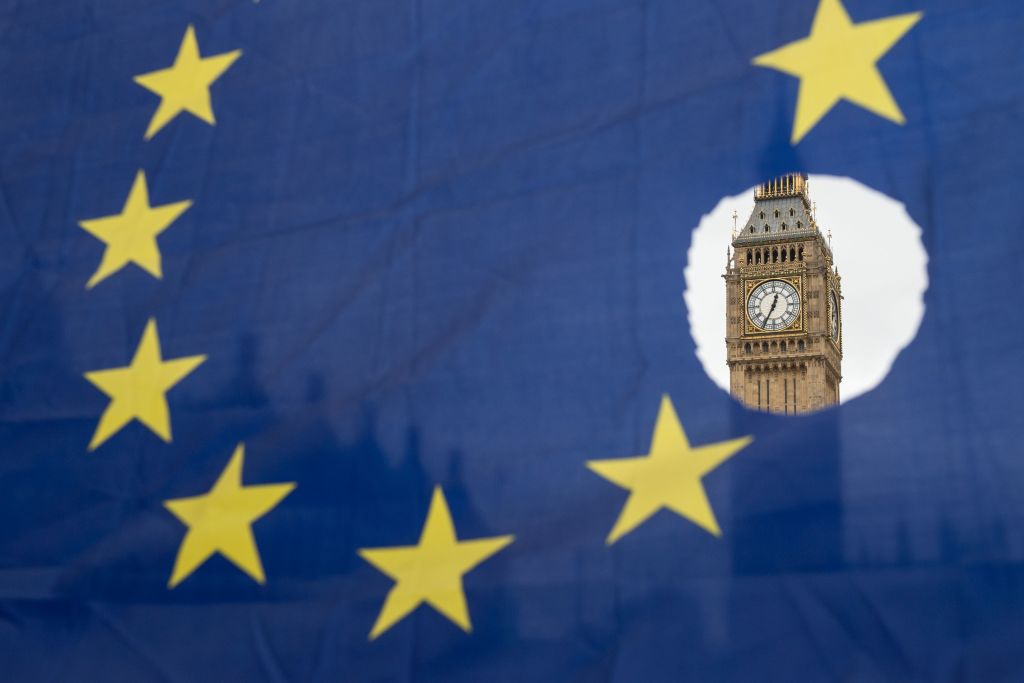From the very beginning, the whole question of British and European integration has turned fundamentally on the question of sovereignty, as Ursula von der Leyen accepted this afternoon. Those who favoured membership then and now dismiss sovereignty as a meaningless or outdated notion in a world of interconnection. The events of the last four years, and perhaps even more the last few days, should have made them think again. The question of fishing had the merit of making sovereignty concrete and understandable, which is why it became suddenly so crucial. You may decide to give or lend certain rights or powers to others, but who makes that decision? Who has the power to make the decision stick? In a nutshell, that is sovereignty, as fundamental today as ever.
When we voted in 2016, it was not wholly clear whether the United Kingdom was still a sovereign country. Professor Vernon Bogdanor, the eminent constitutional specialist, was not alone among legal experts in considering that the European Communities Act (1972) abrogated the sovereignty of parliament by recognising the legislative and judicial superiority of the EEC, and later the EU.








Comments
Join the debate for just $5 for 3 months
Be part of the conversation with other Spectator readers by getting your first three months for $5.
UNLOCK ACCESS Just $5 for 3 monthsAlready a subscriber? Log in